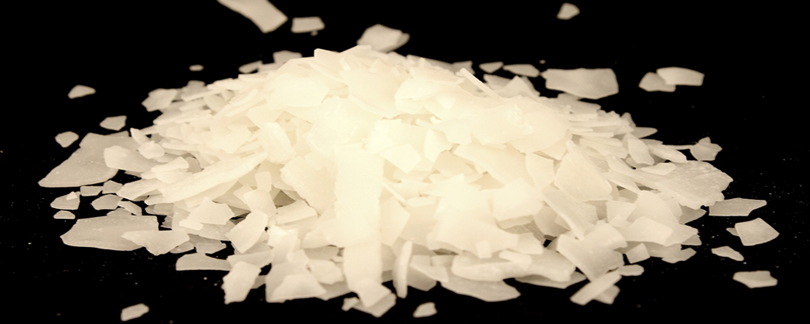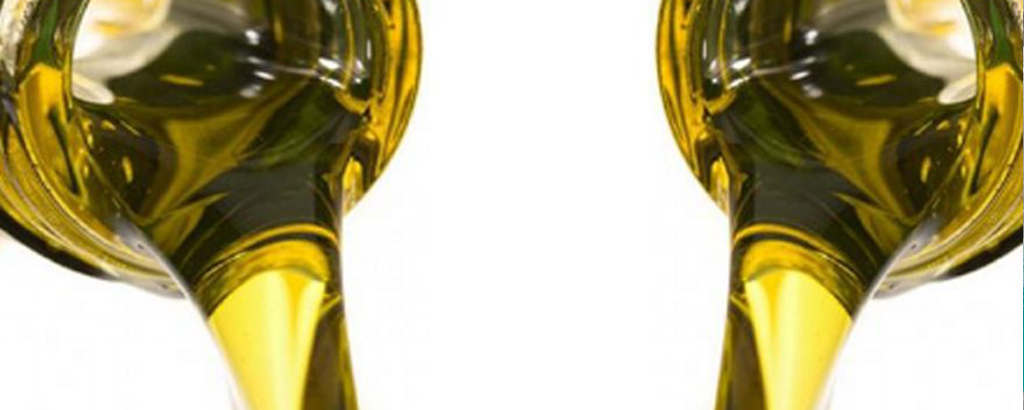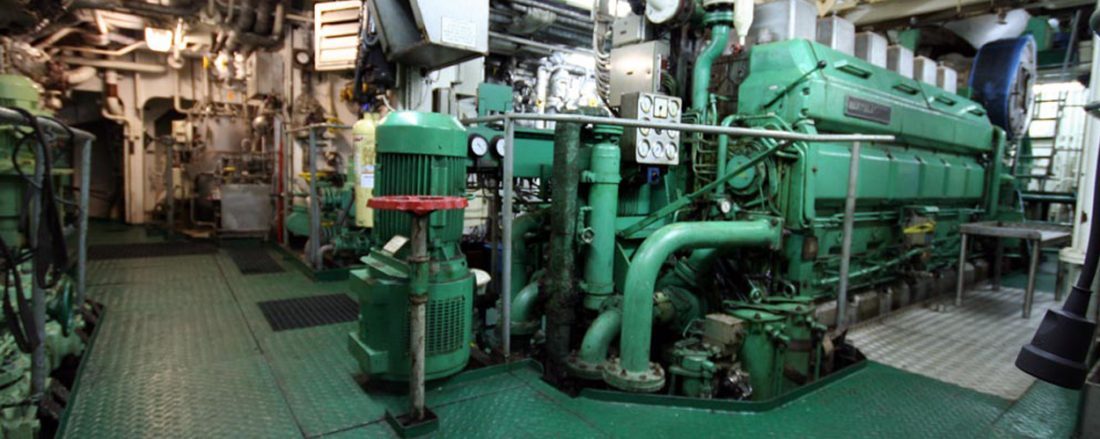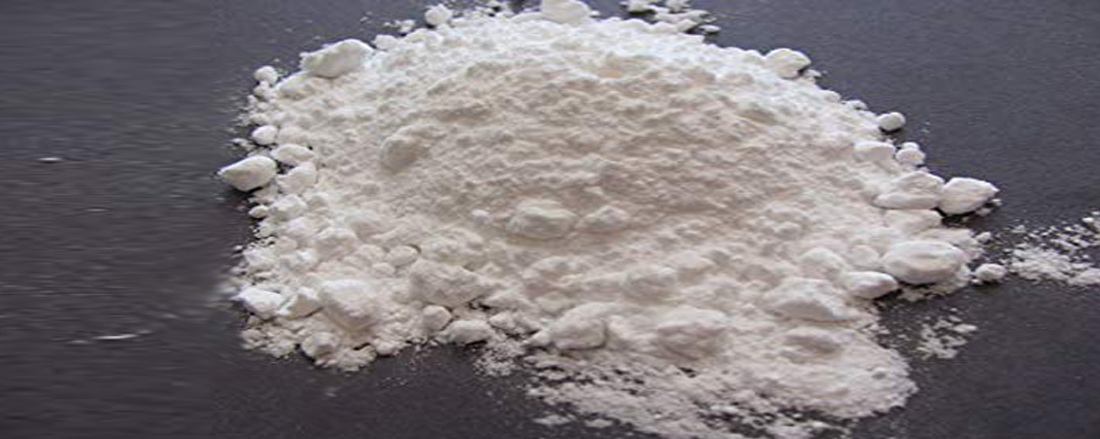Activated Carbon is a very active product with a high proportion of medium and large pores high surface area 1050 meter square per gram. It is recommended for the adsorption of large quantities of high molecular weight substances.
Activated carbon manufacturer, supplier and exporter. We are manufacturing Granular Activated Carbon with various Iodine Adsorption value (mg. /gm.): 450 IV - 1200 IV
We manufacture and export Activated Carbon to our clients that are formulated using premium quality chemicals and according to the international quality standards. These are used for the reduction of the impurities related to taste, odour and colour inorganic chemicals. Our ranges of products are fully tested by quality analysts to ensure that the defect free range is supplied to our customers. We offer these at cost effective prices.
An activated carbon product can be characterized by its activity and physical properties. Activity properties include pore size distribution that defines the available pore volume of a carbon over three pore size regions: the micropore, mesopore, and macropore regions:
Micropore region - less than 100 Angstroms
Mesopore region - between 100 and 1,000 Angstroms
Macropore region - greater than 1,000 Angstroms
Pore size distribution properties are key indicators of a carbon's potential performance for removing contaminants (adsorbates) from water. The molecules encountered in the gas phase are generally smaller than those in the liquid phase applications; therefore, a gas phase carbon has the majority of its pores concentrated in the micropore region.
A broad range of pore sizes must be available, both for ease of movement of adsorbates through the carbon pores and for the adsorption of particular molecular sizes. Liquid phase carbons often contain a broader pore size distribution to remove color bodies and larger organic materials, while maintaining some microporosity for the removal of taste and odor compounds.
Physical properties include surface area, product density, mesh size, abrasion resistance, and ash content.
Typical measured carbon properties include:
Iodine Number - standard testing done to estimate the surface area of the activated carbon by measuring iodine adsorption at a given set of standard testing conditions, reported in mg I2 adsorbed per gram carbon
Surface Area - amount of surface available for adsorption for a given mass of carbon, measured using techniques such as BET nitrogen adsorption; reported in units of m2/g
Product Density - several properties available, including apparent density which is the density of the carbon at maximum packing efficiency, reported in g/cc or lbs/cf
Mesh Size - measure of particle range of the granular product, usually reported as a range of sieve openings, such as 12 x 40 for a carbon that passes a 12 mesh screen, but is retained on a 40 mesh screen with a specification on the amount that can be retained on the larger opening screen or passing the smaller opening screen; basis is US sieve sizes Abrasion Number - measure of the ability of the carbon product to resist attrition; this important property permits one to understand how durable the activated carbon is in applications where backwashing is required, carbon will be transferred, or treatment velocities are above average
Ash Level - a measure of the non-carbon content of the activated carbon; all base materials have a certain ash constituency, with the content varying from base material to base material; for example, coconut shell carbon tends to have more alkali earth metals, while coal-based carbons have more heavy metals
How Carbon Filters Work ?
Carbon granules water filtering is a method to remove contaminants and impurities, removing chlorine, sediment, volatile organic compounds (VOCs), taste and odor from water.
How Carbon Filters Work -
Importance of CARBON increases due to its large surface area. Mathematical area calculation of one pound carbon can cover more than 120 acres of ground surface. And the simple concept is MORE surface area can absorb large quantities of impurities present in water and other liquid materials.
In water carbon filtration case impurities present in water which can cause diseases like cancer and other health problem. Carbon filters due to its large surface area absorb easily large amount of chemicals and substances that pose serious dangers to the normal domestic water supply. work so well because of their large surface area.
TYPES OF ACTIVATED CARBON
POWDERED ACTIVATED CARBON :-
Powdered varieties of Activated Carbon are used in liquid phase application primarily for removal of undesired color, smell and other impurities in many types of industries Including basic drugs, fine chemicals, glucose, sugar, electroplating plasticizers and so on. Quite often, powdered carbon is washed with acid and then, repeatedly with water & dried to minimize impurities like soluble ash-iron, heavy metals etc. Activated Carbon is Invariably used in a batch process at the penultimate stage of manufacture of a product. A pre-determined quantity of activated carbon is added to a solution and after stirring for a certain contact time mostly at elevated temperature carbon is filtered out or to get sparkling color free solutions from which product are recovered. it is pertinent to mention that use of powdered activated carbon apart from decolonization imparts several other benefits like longer shelf life, truer, and bolder crystals, closer melting and boiling points etc.
GRANULAR ACTIVATED CARBON :–
Granular activated carbons are mostly made from Coconut Shells on petroleum coke, bituminous coal or lignite. Granular activated carbon is used in continuous process in areas like water treatment (drinking & effluent water), removal of mercury from effluents or alkali cells, solvent recovery, gold recovery, removal of odour, gas masks, as catalyst carrier, for decholorination of water, purification & separation of gases, kitchen hoods, dry cleaning etc.





